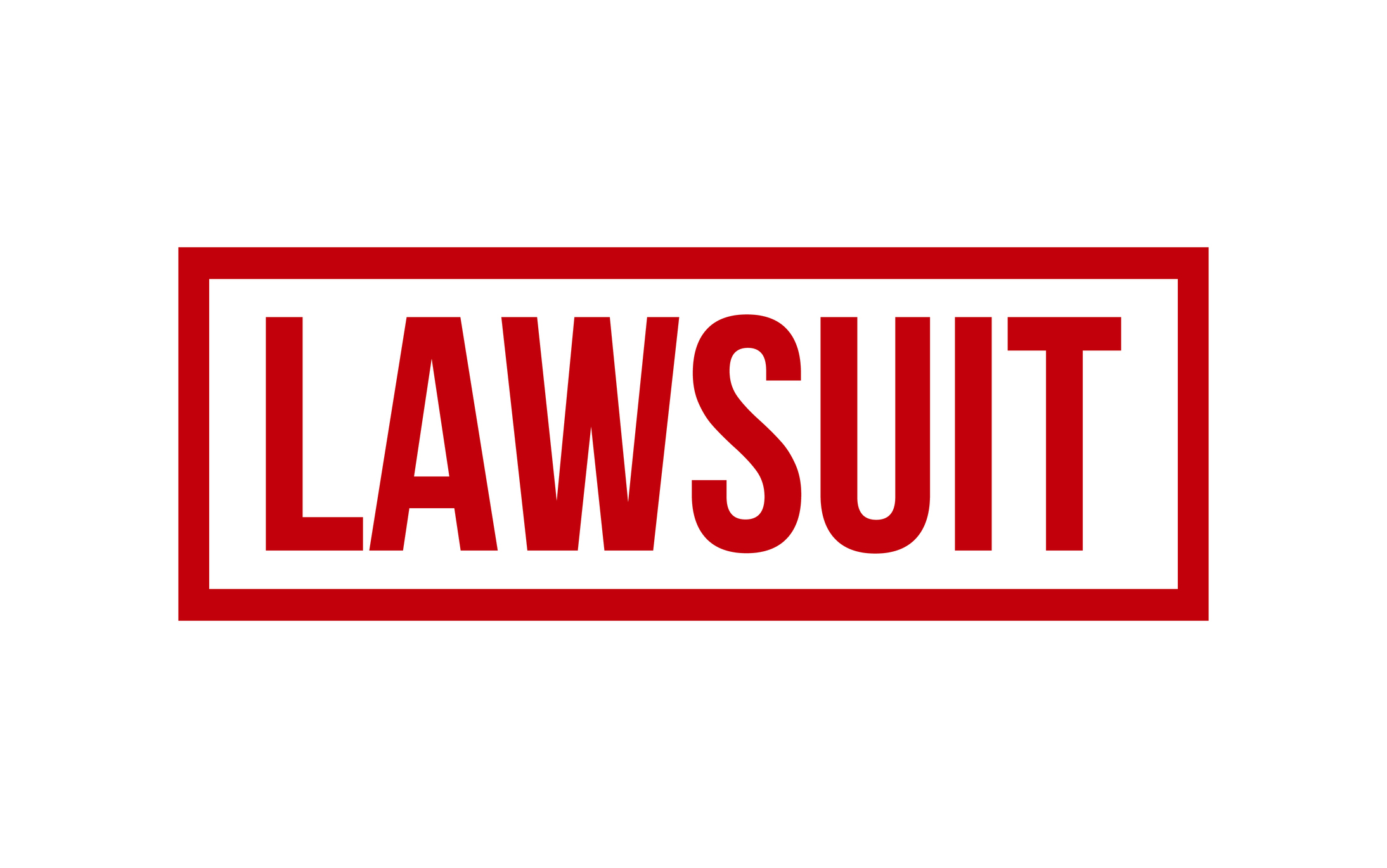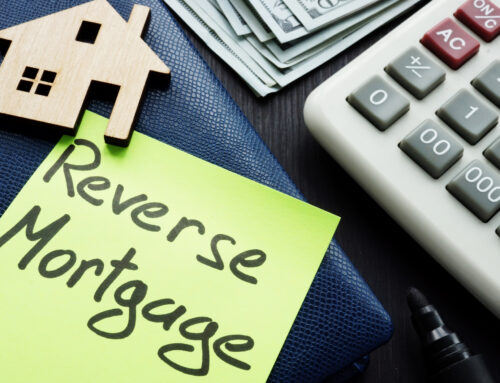For a property management company, the surprise in a Tenant suing a Landlord is that the Landlord is surprised. They don’t understand why they are being sued. (Of course, there are always bad apples and slumlords. This isn’t about them.) It’s after being served papers that many Landlords think about retaining the services of a property manager.
Tenants have rights; one of them being being able to sue their Landlord if one of those rights is violated. Familiarize yourself with those rights. Following are 5 of them.
Obstruction of Quiet Enjoyment. What does this mean? According to Tenant Law Group, “a tenant has the right to enjoy his or her rental unit without ‘substantial interference’ from the landlord. It ensures that tenants benefit from the full use and enjoyment of their rental unit.” A Landlord must give notice before entering a tenant’s home, and if not, they can be sued. This applies to making repairs, checking for damages, and showing the apartment, among other reasons for entry. In case of an emergency, such as a fire, a Landlord may enter a rental without prior notice.
Parts of the rental agreement are illegal. Landlords are bound by certain responsibilities and cannot add an illegal clause in their rental agreements. For example, they can’t prohibit service animals or force a tenant to move out on a whim.
Violating security deposit laws. Security deposits are regulated by state and local laws. Some jurisdictions require the security deposit placed in an interest-bearing account, and at the end of the rental agreement, the tenant receives the interested accrued. In some areas, there are caps on the amount of a security deposit. When a tenant always paid the rent and kept the rental unit in good shape, the Landlord needs to return the security deposit.
Uninhabitable premises. A residence must be safe. No mold, no lead paint, no leaky roof, no faulty wiring. Must have water, electricity, and working plumbing. And other factors apply. Not remedying the situation is a lawsuit waiting to happen.
Discrimination. It is illegal for Landlords to discriminate based on race, national origin, gender, family status, or religion, according to the federal Fair Housing Act.
There are other reasons why Tenants sue Landlords, such as unlawful evictions, injury from Landlord’s neglect, and not being reimbursed for repairs they did. Be sure to invest the time to familiarize yourself with Landlord-Tenant law so you get the most from your rental property investment.
Don’t wait for a lawsuit to happen to contact us. Place Tenants can help prevent that from happening. Call 800-886-1193 or email [email protected].
Photo Credit: iStock/Mahmudul Hassan







